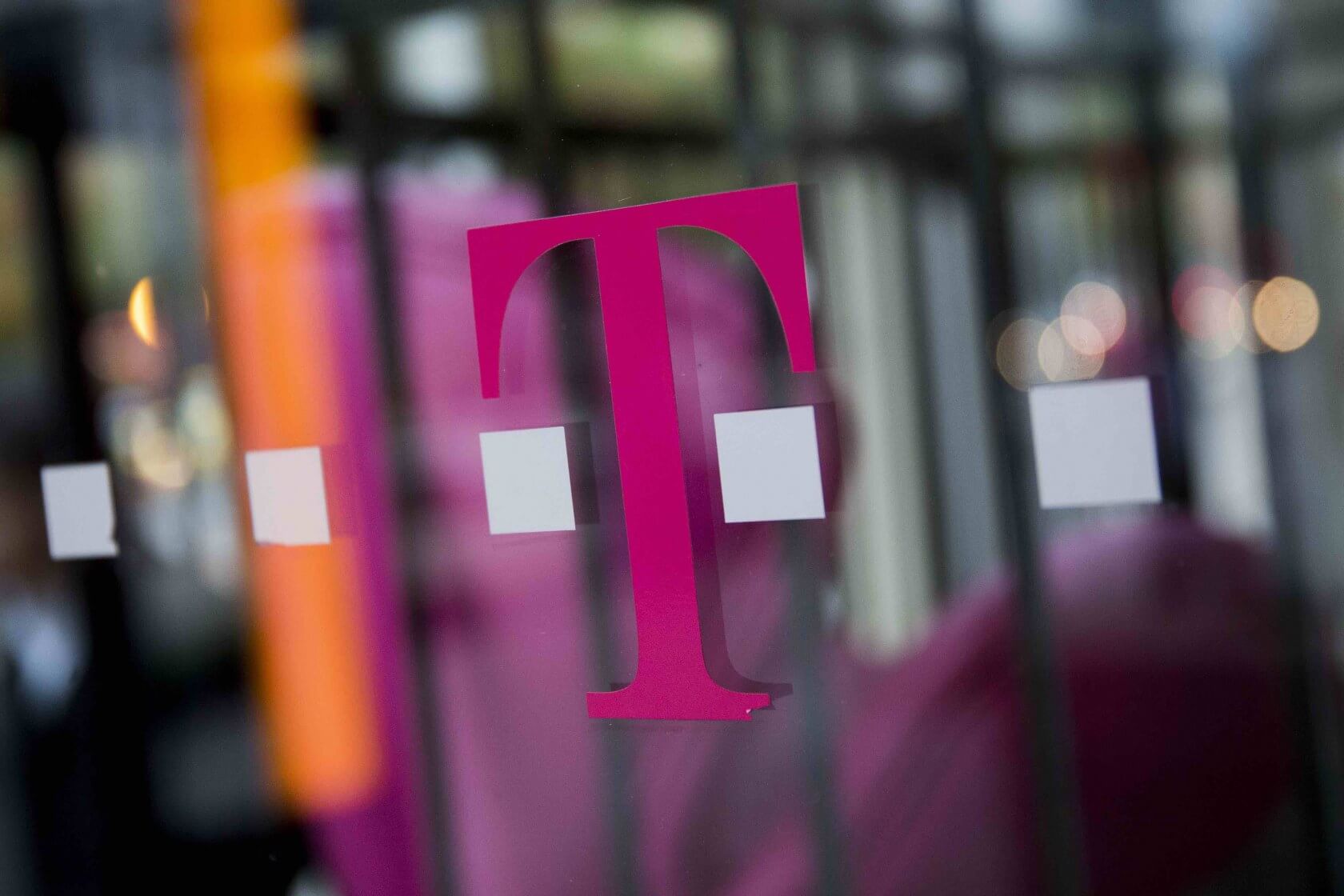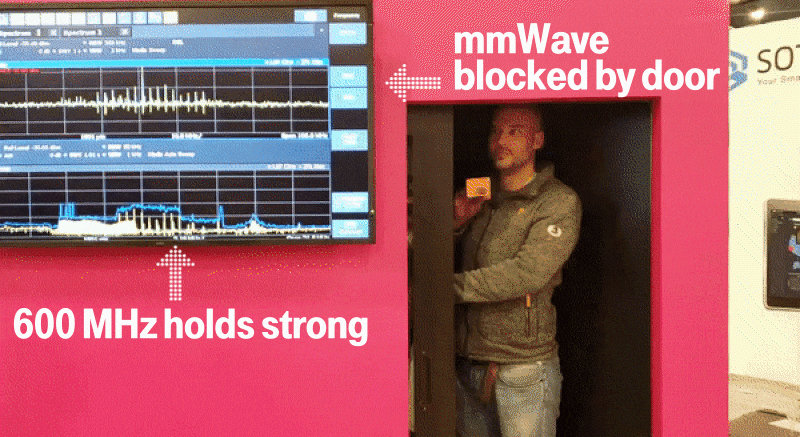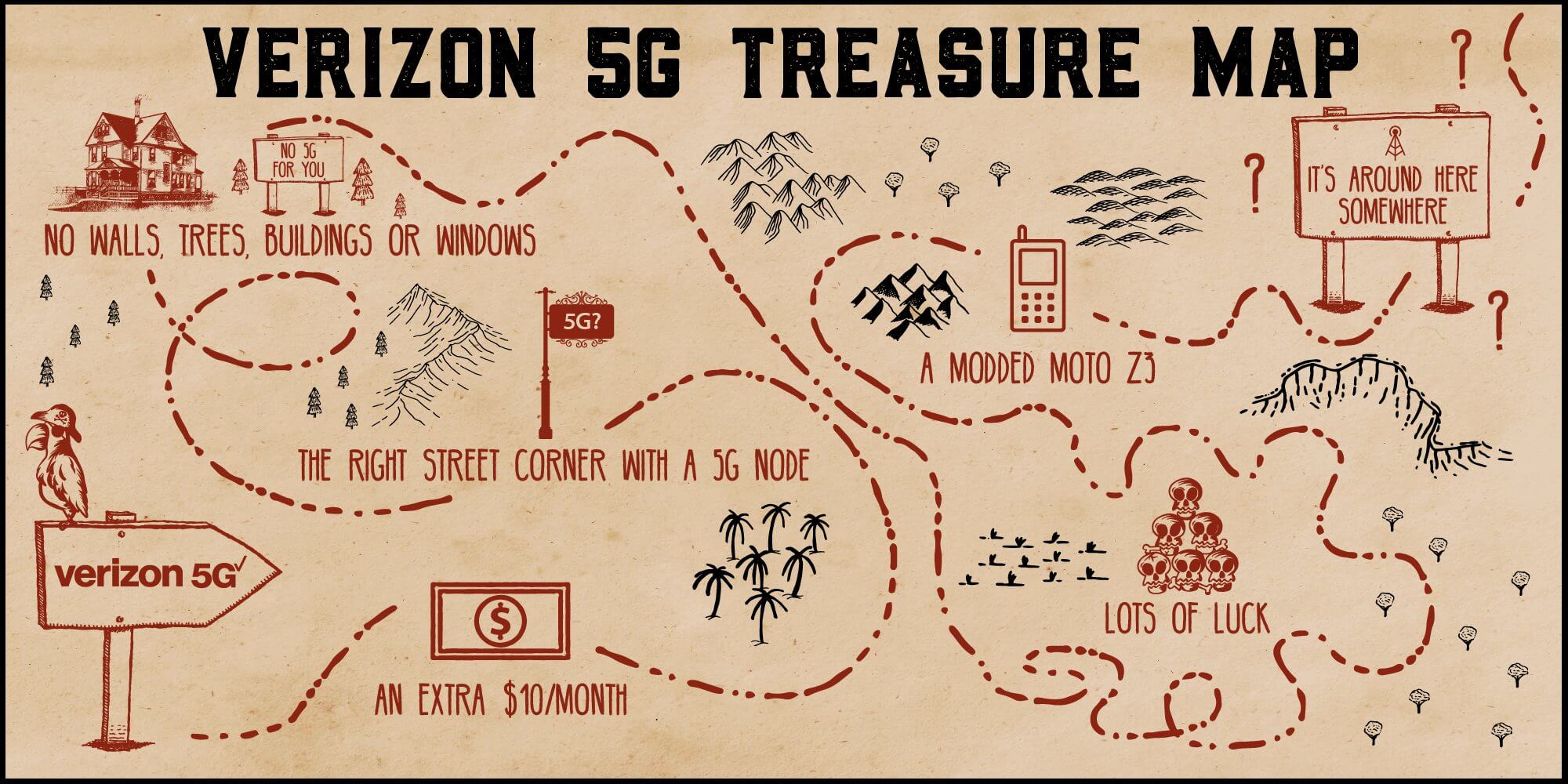In brief: T-Mobile is calling out Verizon and AT&T for lack of spectrum diversity in 5G implementation. 5G coverage is expected to be exclusive to urban centers until lower frequency options become available.

Verizon and AT&T both claim to have deployed 5G networking in select areas, but T-Mobile is pushing a very different message. The un-carrier is speaking up about the lack of coverage that 5G is likely to provide to rural America in its current state. The digital divide will not be lessened if 5G roll outs continue to rely on high frequency mmWave technology.
According to T-Mobile, Verizon's 5G offering currently is exclusively reliant on mmWave frequencies, preventing it from ever having a chance to "reach rural America." AT&T is further criticized for continuing to intentionally mislead consumers with its 5Ge branding on what is actually 4G LTE services.
One of the major problems associated with mmWave spectrum is the lack of ability to penetrate obstacles. As frequencies continue to grow into the double-digit gigahertz range, longer range cell towers become impractical to implement.

T-Mobile was even kind enough to produce a treasure hunt map for Verizon as an attempt to explain to consumers why 5G is really not ready yet for mainstream adoption. Verizon does not have a 5G coverage map yet, likely because it would be embarrassingly limited, but T-Mobile has pledged to published an accurate coverage map once their 5G services come online.

Although T-Mobile has not given a hard deadline for when 5G will be deployed, the Samsung Galaxy S10 5G is supposed to be the first phone on their network to support it.
Instead of the mmWave technology that T-Mobile has criticized as being ineffective outside of densely populated urban areas, the company is banking on successfully merging with Sprint. Sharing spectrum licensing with Sprint would give T-Mobile access to the 2.5GHz mid-band that has much wider coverage possibilities. Combining the higher throughput mid-band with existing low-band coverage and selectively implementing mmWave cell sites would allow for more reliable coverage even if speeds are not always drastically higher than current LTE services.
The latest initiative to provide 5G for all sounds good in theory, but we will have to wait and see how the final implementation actually turns out.
https://www.techspot.com/news/79762-t-mobile-mmwave-5g-not-going-work-rural.html